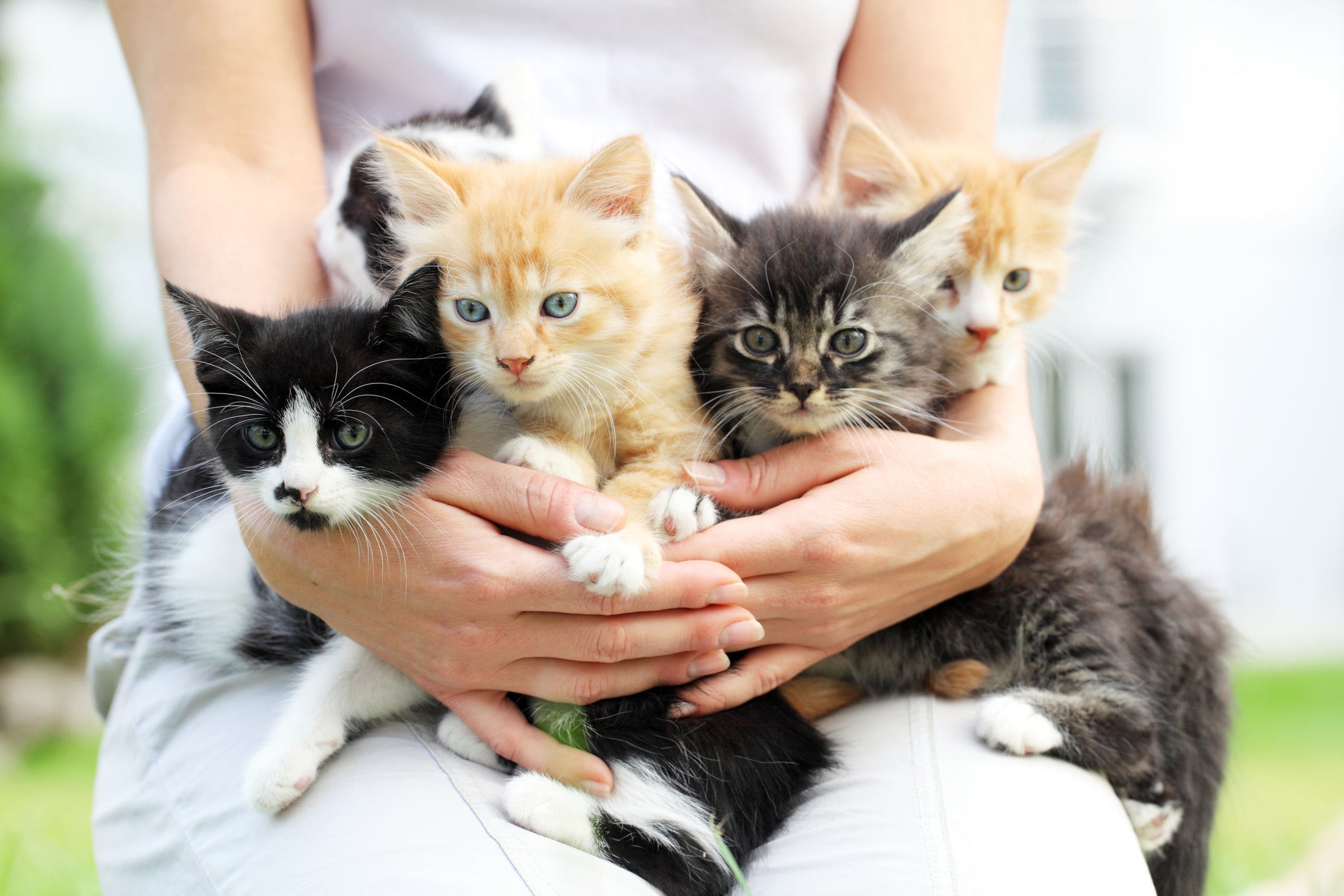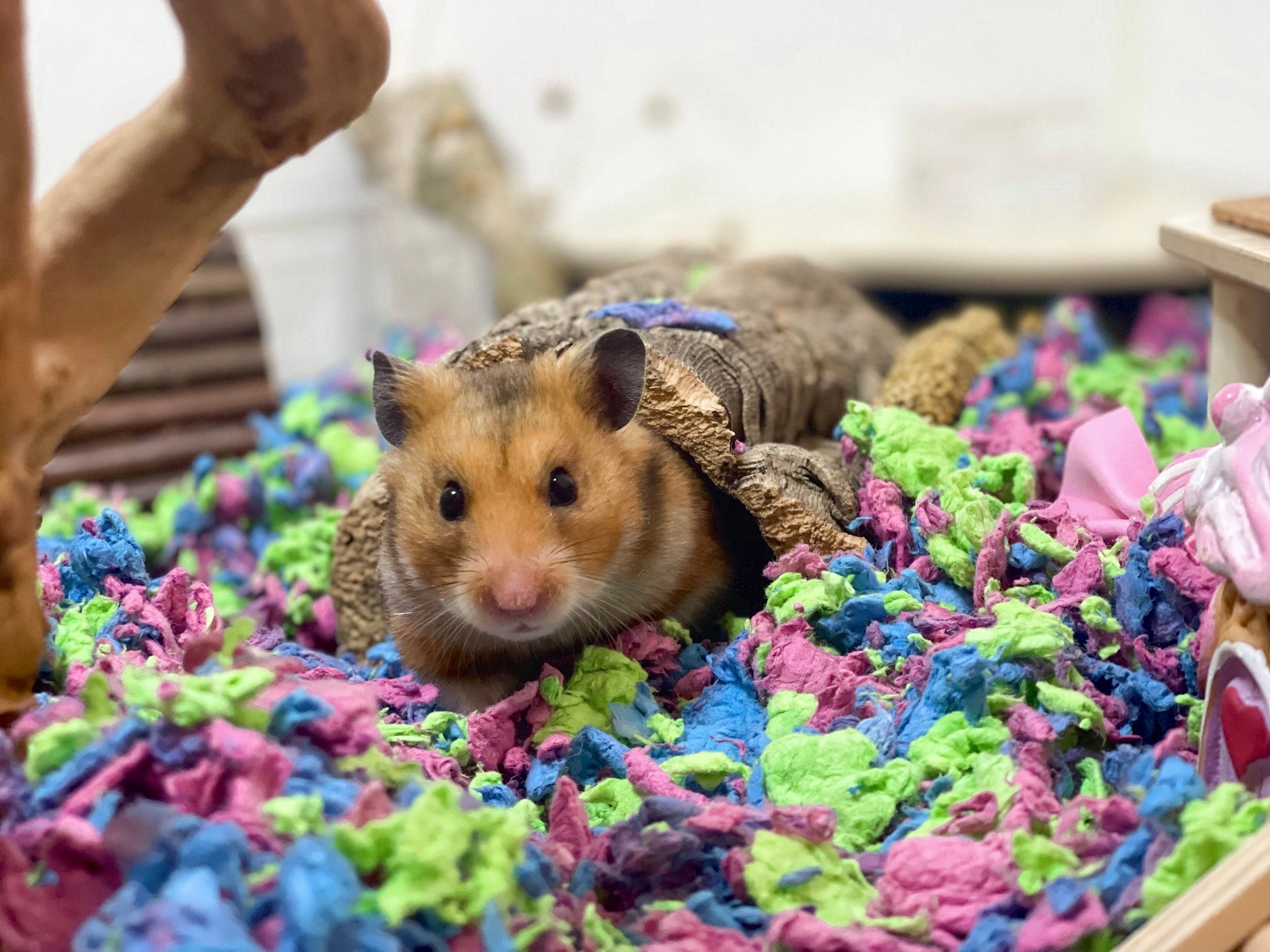
Vet Tips on Caring for Your Senior Cat
Thanks to advances in technology, medicine and nutrition, our pets, like people, are now living longer healthier lives. According to the American Veterinary Medical Association (AVMA)’s pet owners survey, the number of geriatric animals has dramatically increased in the last several years. Senior cats have unique healthcare needs and caring for an aging cat population poses special considerations for pet parents and veterinarians.
Like their human counterparts, geriatric animals suffer from many of the same age-related diseases. Diabetes mellitus, chronic kidney disease, thyroid disease, inflammatory bowel disease, periodontal disease, hypertension, and cancer are all more prevalent in older cats. While we can’t stop aging, there are things you and your veterinarian can do to ensure that your pet stays healthy as long as possible.
- Pets seven and older are considered senior pets and should have comprehensive examinations every six months. Regular examinations enable your veterinarian to do a full physical looking for early signs of disease. During the examination, your veterinarian may suggest blood and urine tests. These allow them to screen for diseases that may not be evident on examination. Studies have shown that 17% of senior cats and 22% of senior dogs that appear healthy on examination have been shown to have clinical disease. Since our pets can’t talk, many diseases often go unnoticed until an animal is very ill. Routine examinations and diagnostic tests help veterinarians uncover diseases early, and many can be prevented, controlled or completely cured if diagnosed early. Waiting until our animals become ill and show symptoms of these diseases means their condition is more advanced, making it harder and more costly to treat.

- What else can you do? You should become familiar with senior health issues so you can recognize the signs and symptoms of disease. Look for increased urination, increased thirst, change in appetite, weight loss, change in energy or activity level, drooling, trouble eating or weight loss. Cats are very good at hiding illnesses and at times the only indication you have that something is wrong is that they have lost weight. Notify your veterinarian if you notice any of these symptoms, detect weight loss, or if you discover any new bumps or lumps. Remember you and your veterinarian are on the same team, by working together you will be able to diagnose diseases earlier.
What cat litter should you use for your senior cat?
If your senior cat has sensitive paws, ökocat® Super Soft or Featherweight litters make a great choice because of their soft texture. However, the most important thing is to use a natural litter that has little dust for their sensitive respiratory systems and one that traps urine and odor on contact to help prevent urinary tract infections.









